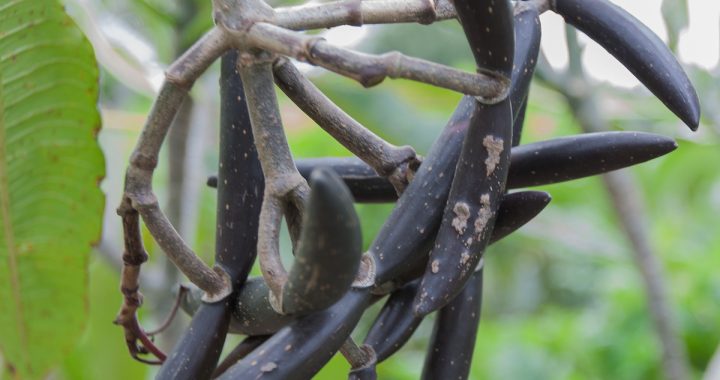Ownership of your plumeria photography

We all experienced someone using our photo without permission, well now it’s worth copyrighting CDs full of images. The information you should know!
Nobody wants to create great work and have it stolen. You deserve to be paid well for the photos you make, and the law thinks so too. That’s why your photos are automatically copyrighted the second you press the shutter release button on your camera. They have been ever since the Berne convention was adopted in 1988 (at least in the United States). The Berne convention protects the right of the author without any need of formal registration of copyright. Your photos are protected from being used in any nation that has adopted the convention, and any breach of that copyright is enforceable internationally. If you suddenly see your photos appearing in a magazine or on the internet without your prior consent, you have the right to sue for copyright infringement.
Under the provisions of the revised copyright law, a photographer owns all rights to his pictures at the moment of creation. That means he and he alone owns the right to sell, use, distribute, copy, publish, alter or destroy his work of art. If you are a photographer, this ownership begins the moment you click the shutter. It continues throughout the life of the artist and 50 years after his or her death. In order to ensure you have all the rights the law provides, as well as access to all the legal remedies available, you should have a copyright notice put on all of your published works. “Publication” means not only published in the sense of inclusion in a printed book or magazine, but also distribution via public sale, display with intent to sell (as in a gallery), and the rental, lease or loan of the work. And now, with the Internet, the publication includes use on a page.
If your photo is timely registered for infringement, you will be eligible for statutory damages of up to $150,000 for a willful infringing use. See 17 USC §504(b) and (c). Legal fees and costs also may be recovered from the infringer. See 17 USC §505. Additionally, you need to have received your registration certificate to file a complaint about a copyright infringement lawsuit in most jurisdictions.
 Plumeria Photography – RAW vs. JPG
Plumeria Photography – RAW vs. JPG  Understanding Plumeria’s Seasonal Cycles
Understanding Plumeria’s Seasonal Cycles  Why are Plumeria Seedlings so Different?
Why are Plumeria Seedlings so Different?  Mealy Bugs Plumeria Pests
Mealy Bugs Plumeria Pests  Known Plumeria Names
Known Plumeria Names